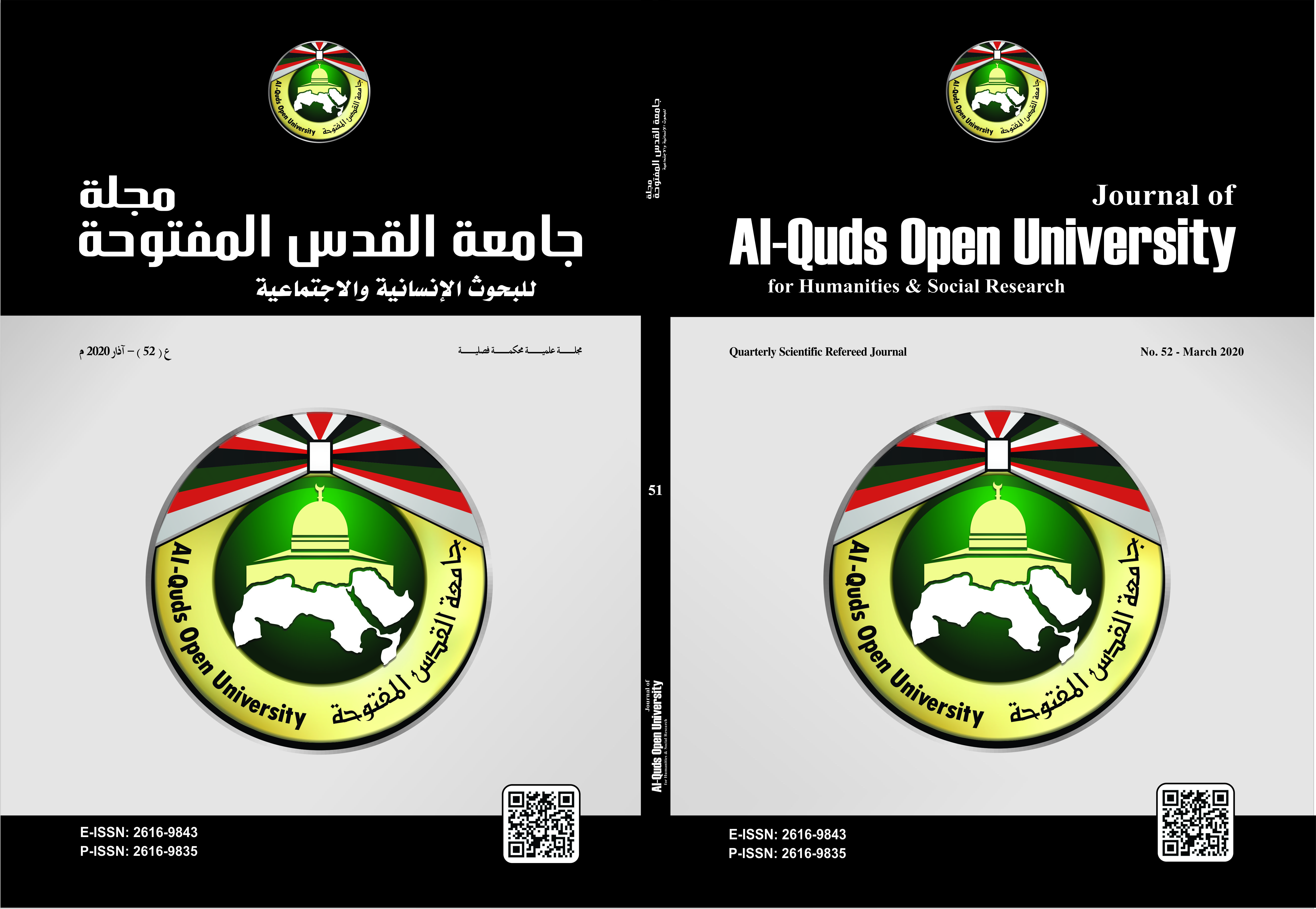Controlled Delivery from the Perspective of Anti-Corruption in the Palestinian and Comparative Legislations: An Analytical, Foundational and Comparative Study
Keywords:
controlled delivery, evidence gathering, investigations, corruption, penal procedures and penal justice.Abstract
Undoubtedly, conducting the controlled delivery in the field of anti-corruption contributes in articulating the objectives of the penal justice. Based on the consideration that the controlled delivery increases the effectiveness of the evidence gathering procedures that are related to corruption crimes. For that purpose, the United Nations Convention against Corruption stressed on the significance of activating the procedures of controlled delivery on the level of anti-corruption. Notwithstanding of the adopted controlled delivery procedures by most of the comparative legislations including the Palestinian legislation, the reality reflects a series of obstacles facing the proper use of controlled delivery procedures in the field of combating corruption. On one hand, one of the most prominent challenges is the weak international cooperation in this field, the scarcity of financial and technical potentials and the existence of the Israeli occupation that suppresses the effectiveness of the international controlled delivery. All the aforementioned lead us to emphasize on the necessity of enhancing conducting the controlled delivery on local level, through connecting those procedures with the judicial warrant issued by the Corruption Crimes Court based on a request by Palestinian Anti-Corruption Commission. On the another, the controlled delivery procedures must be organized through a special regulation issued by the Council of Ministers. This regulation shall take into consideration the speed and resiliencies of these procedures, in addition to promote the entire means and mechanisms that increase the effectiveness of controlled delivery, whether it is on the international or local level. Moreover, the objective is to reach to a successful legal system answers the requirements of the actual combating of the criminalized corruption phenomenon, in which it embodies the objectives and aspirations of the good legislative policy designed to combat corruption.
DOI: 10.33977/0507-000-052-008
Downloads
Published
How to Cite
Issue
Section
License
- The editorial board confirms its commitment to the intellectual property rights
- Researchers also have to commit to the intellectual property rights.
- The research copyrights and publication are owned by the Journal once the researcher is notified about the approval of the paper. The scientific materials published or approved for publishing in the Journal should not be republished unless a written acknowledgment is obtained by the Deanship of Scientific Research.
- Research papers should not be published or republished unless a written acknowledgement is obtained from the Deanship of Scientific Research.
- The researcher has the right to accredit the research to himself, and to place his name on all the copies, editions and volumes published.
- The author has the right to request the accreditation of the published papers to himself.













_2.png)
_.png)
_2.png)
_1.png)
_.png)

